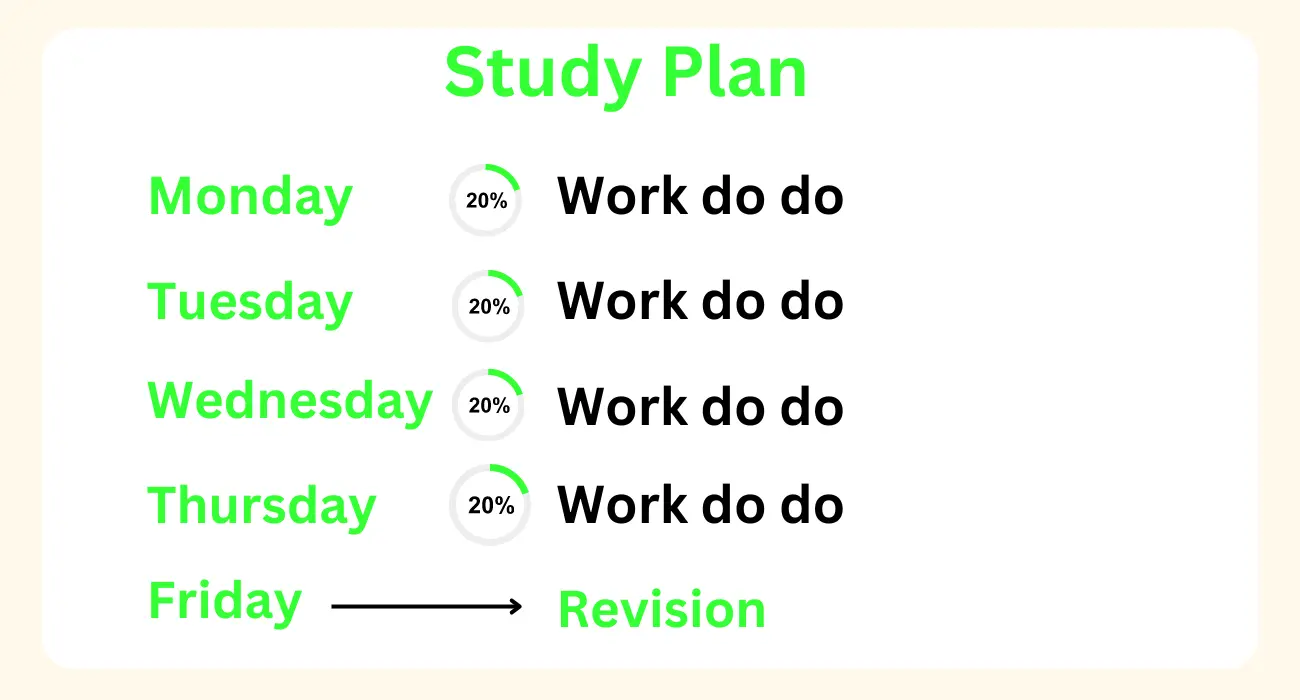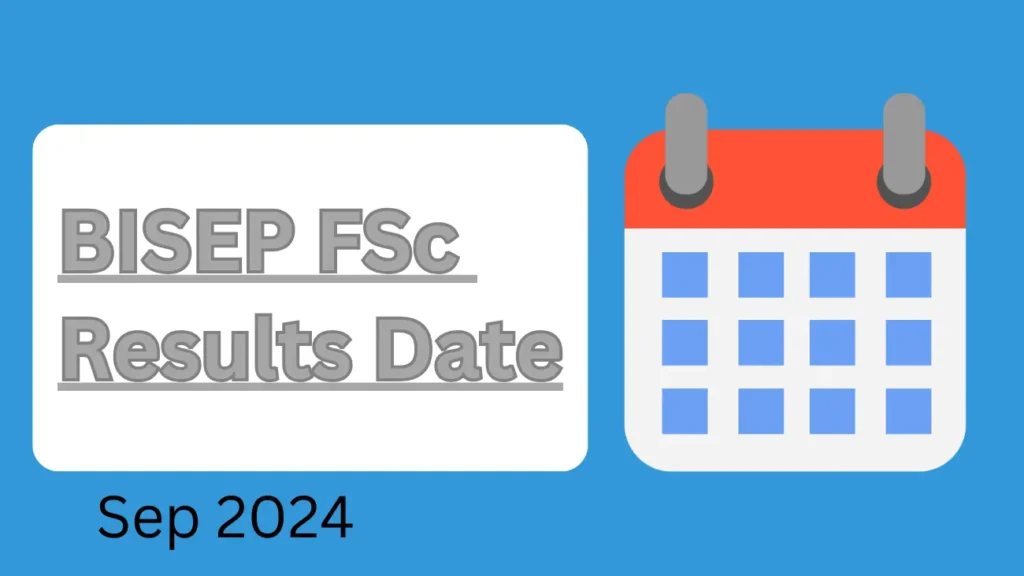Want to learn how to study for a test and get 90 plus? It’s not as complex as you think.
Nowadays everyone is trying to get good marks on every test but they are failing. But why? Because they do not know how to prepare effectively for tests and how to score good marks in a short time.
Today we will discuss how to study for a test in a short time.
Table of Contents
Toggle7 Ways to Study for a Test

1. Start as Soon as Possible
Starting to cover your course as soon as possible is the key to staying ahead for tests. Concentrating in class will help you remember the material and it also reduces the amount of time you will need to spend studying outside the class. Review your notes and assignments.

Consistently engage with your homework, and drink some water to refresh your mind and understand the information with focus and concentration. Studying earlier can reduce stress, anxiety, and pressure before the test.
By adopting this method, you will not only excel in your test but also build good study habits.
2. Start Studying in School
Beginning to study in school is the secret tip of toppers and, can be exciting and effective when you are preparing for finals. Acing tests becomes difficult if you have not studied in the classroom. Don’t skip class on any occasion and listen carefully to your teacher. Take notes by listening to your tutor.
Try the different methods of note-taking to see which works best for you. Keep your notes neat and clean. Notes serve an important role in covering the syllabus in the class. Actively engaging with materials can strengthen your understanding and retention, making studying for a test easier. Stay focused on your goals and prepare yourself by starting to study earlier.
Related Articles:
- How to Manage Time During Exams
- 4 Must-Learn Study Tips for Science Students
- How to Study for Exams In 5 Days
3. Balancing Studies with Personal Connections
Don’t make time for studies, make time for other things, like cricket, games, mobile, etc as you prepare yourself for tests. It’s important to stay away from these distracting things. You have to give yourself more time to study so that you can easily cover your coursework. Allocate specific time for social activities in your calendar. Complete the study session as a priority, then you can give time to other work.

Related Post: How to Create a Distraction-Free Study Environment
4. Practice with Past Papers or Sample Questions

Practice the most important and repeating questions, you can check previous papers or sample questions. List the questions and give them time to remember them. By reviewing previous papers you will know the structure of the test and will be able to prepare yourself perfectly. Some questions may be repeated in your test or maybe not. So, practice and give time to study.
5. Utilize the Night Before the test

The night before the test is the best time to strengthen your learning and to make sure the material is still in your working memory. Go over your class notes, textbook, and any other class materials, and try to conceptualize the big picture as well as zero in on details. Do not try to cram everything in the last minute, it will only make you more stressed out and tired. Instead, study with a calm and focused mind, and get plenty of sleep that night so you can feel rested and fresh for the test the next day.
6. Make Your Plan
To prepare for any test, it is imperative to plan out your study strategy. First, assess all the material you need to study and divide it into reasonable chunks. Make sure to spread your topics or subject areas out over some time. Give yourself a certain amount of time to study each topic.

Related post: How to make an effective schedule
7. Study Every Day
Get into the habit of studying daily. It’s smart to spend a little time every day with your class notes or study guide. Even if it’s only 15 minutes, a little time every day will help you retain the information and solidify your grasp of the subject matter. It also avoids the all-too-common occurrence of cramming the night before a test. So develop a study habit and try to include some study time in your daily schedule. Cramming the night before is not effective and leaves you exhausted. So take 15 minutes and go over your class notes, work a little bit on your practice problems, or read a few pages in your textbook.

Specific Tips for Different Types of Tests
Some tests may call for different study techniques. Here are a few tips for some common tests:
Multiple-choice questions
Study for tests of this type by emphasizing concept understanding over fact memorization. Use sample questions to practice working quickly and accurately within a set time.
Essay exams
For test preparation, practice outlining essay questions and brainstorming topics before the test. Remember to organize your essays logically and use specific examples to back up your claims.
Math tests
Complete as many practice problems as possible for tests of this type, to expose you to various question types and problem-solving methods. Divide more complex problems into simpler parts, and check your answers to ensure your calculations are correct.
History tests
You could make timelines, maps, or other visual materials that help you remember how historical events unfolded, and how they’re interrelated. That’s always a good approach to take with history understanding the cause-and-effect relationship between events, and how they fit into larger historical themes and developments.
Conclusion: How to Study for a Test
Test prep and study skills are an invaluable asset in any student’s toolkit. By preparing your study habits and test strategies before the pressure mounts, you ensure you get the most out of your available time and ace your biggest exams. Use these secret study tips in your daily routine to know perfectly how to study for a test.
Remember to also take care of yourself and try and maintain a healthy balance between work and play. With hard work and determination, you can reach any goal you set in the world of education. Studying well and achieving high marks is an exciting and rewarding process.






